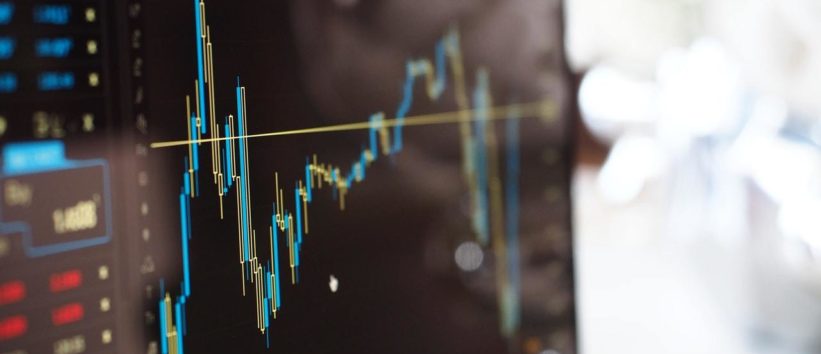Top 5 Questions About Currency Trading
by Andrew McGuinness Tem 16, 2019

Difference between forex and other markets
Foreign exchange actually differs greatly from other markets like stocks. First of all, currency trading is not regulated by any type of government body, nor are there arbitration panels or clearing houses involved. Currency trading does not occur on a regulated exchange either. Instead, members of the forex market trade currencies with one another according to credit agreements, which are, to put it simply, little more than electronic handshakes.
This lack of structure is confusing and unattractive to most investors who are accustomed to the tight structure of the stock market. However unlikely it may seem that the forex market even works, it does. Members of the market who have decided to trade currencies may be competing against each other, but also have an obligation to cooperate for the benefit of both parties. This is what guarantees the survival and success of the forex market.
1. Is there any commission?
For those coming from the stock market, you will be familiar with commission. Commission is what your broker, a person who represents you financially, gains from each investment and sale. The forex market does not have commissions or anything similar to it. It does have forex firms, but these are considered dealers rather than brokers. Dealers join in on the investor’s trade, and rather than charging them, earn money via the bid-ask spread.
2. What does pip mean?
Pip is the smallest amount of trade found within the foreign exchange market. It stands for percentage in point. Within the forex market, costs are labeled to the fourth decimal point. One pip is usually the equivalent of 1/100th of 1%.
3. Currencies traded
Some retail dealers are adventurous by trading currency from countries such as Thailand or the Czech Republic, but for the most part, dealers tend to stick to only a couple of the most prominent currencies. There are seven currency pairs that dealers trade most often because of their liquidity benefits.
These consist of four major pairs: EUR/USD (euro/American dollar), USD/JPY (American dollar/Japanese yen), GBP/USD (British pound/American dollar), and USD/CHF (American dollar/Swiss franc). As well as three commodity pairs: AUD/USD (Australian dollar/American dollar), USD/CAD (American dollar/Canadian dollar) and NZD/USD (New Zealand dollar/American dollar).
4. What is being bought and sold?
All trades within the forex market are nothing more than electronic entries on a computer. There is no actual, physical currency involved in currency trading whatsoever. One of the main reason why FX markets even exist is in order to expedite currency exchanges within multinational corporations who require these exchanges to be fulfilled on a regular basis. These corporations require currency exchange in order to pay their employees and foreign vendors, as well as to make payments for merger and acquisition activity.
5. Currency carry trade
The most favored trade in the forex market is carry. The carry trade uses the interest that comes attached to every currency to its advantage. While all currency does come with an interest rate, some interest rates are inevitably higher than others. Because of this, you are able to make purchase using a low interest currency, while going long with a high interest currency, allowing you to harvest basis points.
